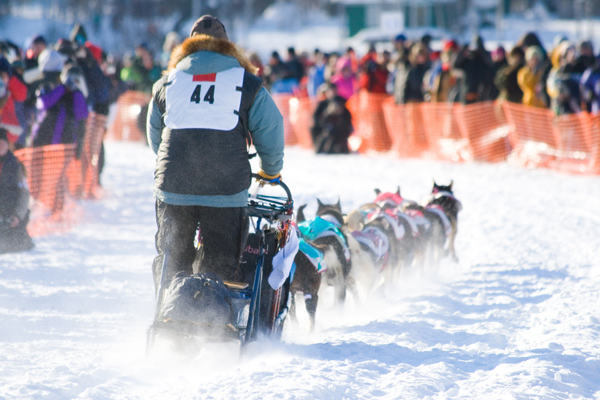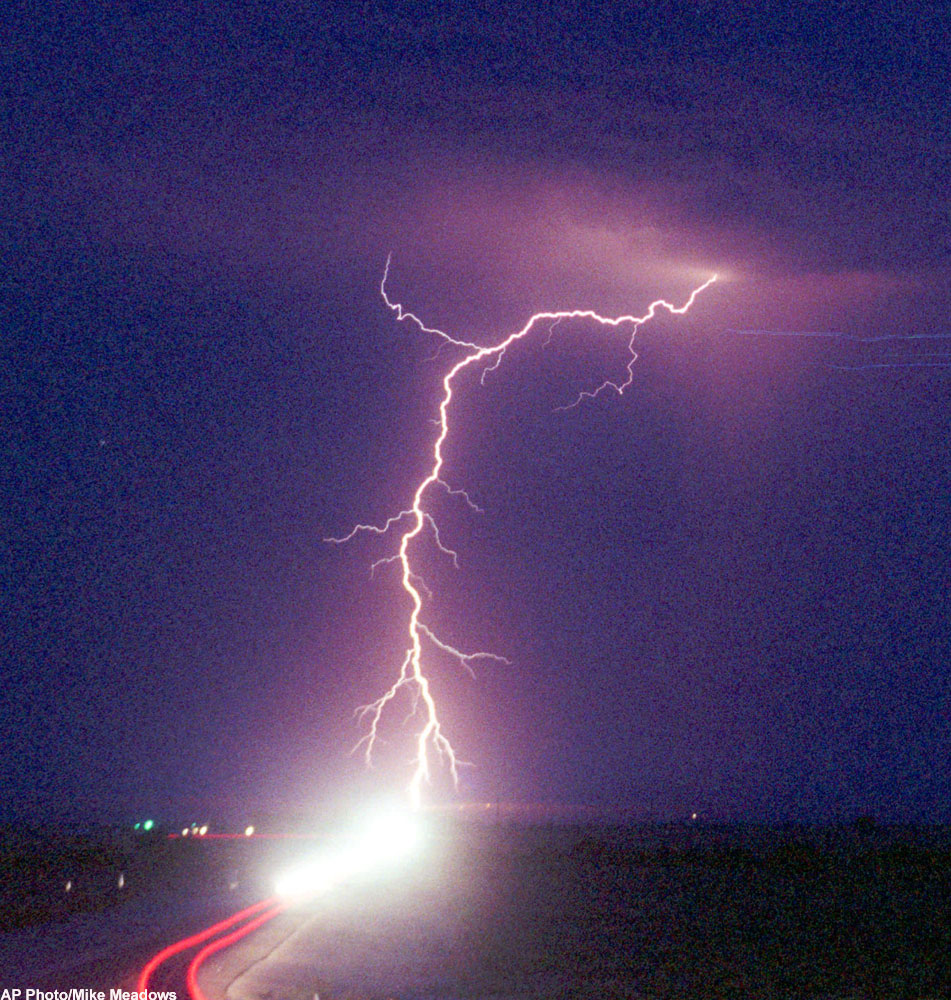
Plenty of Snow in Time for Iditarod Race

This article was provided by AccuWeather.com.
Early Iditarod qualifying races were canceled in late December and early January due to poor snow cover.
The races were for teams who wanted to compete in the Iditarod for the first time this year. "Each team must complete two 300-mile qualifying races as well as other races for a total of 750 miles before the start of the Iditarod to qualify," said Iditarod Communications Director Erin McLarnon.
Snow cover is very important for teams running in the shorter races, McLarnon said. "If the teams can't compete in the qualifying races close to them, they may not have enough money to travel to other races."
During the month of November and into the first few weeks of December, snowfall in Nome was slightly below normal. Since that time, more than 31 inches of snow has fallen. Their average temperature for January was 13.6 degrees F. These conditions have greatly improved the snowpack.
Anchorage snowfall for the months of December and January totaled 32.9 inches with an average temperature of 15 degrees F in December and 22.5 degrees F for January.
This year, 13 rookie mushers will join the 69-team field. Each team consists of one musher and 12-16 dogs. There will be 52 veterinarians on site to check and treat the dogs as needed.
Sign up for the Live Science daily newsletter now
Get the world’s most fascinating discoveries delivered straight to your inbox.
The course covers approximately 998 miles, running from Anchorage to Nome. The race begins in Anchorage at 10 a.m. AKST (2 p.m. EST) on March 2, 2013.
This year, mushers from seven countries (U.S., Canada, Russia, Jamaica, Brazil, Norway and New Zealand) will compete for $660,000 in prize money. Only the first 30 finishers will win money.
"We have no concerns for snow with the Iditarod race," McLarnon said.
© AccuWeather.com. All rights reserved. More from AccuWeather.com.
The weather is getting stranger, right? Well, for the most part no, scientists say, but humans often think so when a strange event does occur. So here’s your chance to prove how much you known about weather oddities.
Weird Weather: One Strange Quiz











